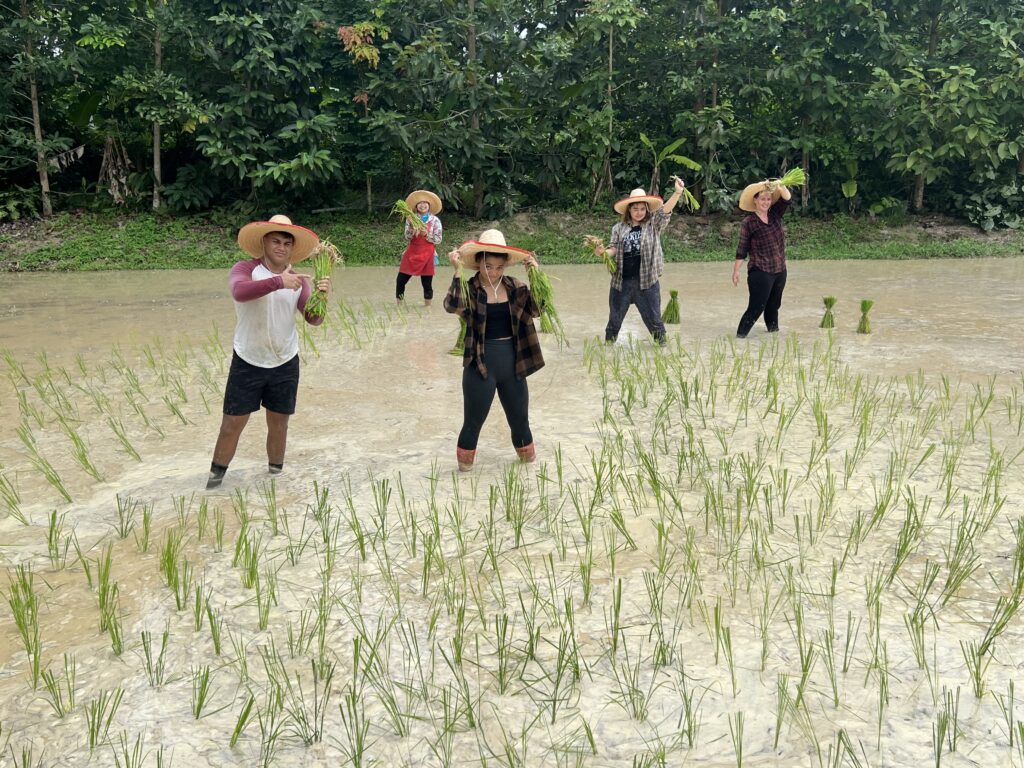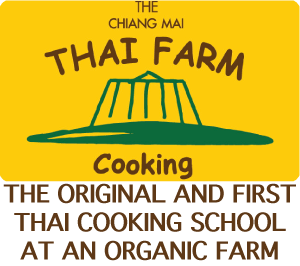
Cours de cuisine Chiang mai : Nestled in the mountainous region of Northern Thailand, Chiang Mai is a vibrant blend of tradition, flavor, and creativity. While the city is known for its ancient temples and night markets, it’s also quickly becoming a hub for culinary travelers seeking a deeper connection to Thai culture. Among the many enriching experiences available, joining a Thai cooking class stands out as one of the most joyful and authentic ways to immerse yourself in local life.
From bustling market visits to learning age-old recipes, cooking Thai food in Chiang Mai isn’t just about preparing a meal—it’s a journey into the heart of Thai hospitality, heritage, and flavor.
A Taste of Culture, One Dish at a Time
Thai cuisine is famous for its balance of sweet, salty, spicy, and sour. Each dish tells a story—from family traditions passed down through generations to regional influences that shape the ingredients and techniques. When you join a cooking class in Chiang Mai, you don’t just learn how to stir-fry noodles or pound curry paste; you gain insights into Thai values like harmony, mindfulness, and sharing.
What makes this experience unique is the way locals approach food. Cooking is not seen as a chore, but a celebration. Meals are shared, enjoyed slowly, and prepared with intention. Your instructor—often a native Thai chef—will guide you through every step, sharing not just instructions but anecdotes, tips, and cultural context. This transforms the class into something much more meaningful than a recipe tutorial.
The Market Visit: Sourcing Freshness
Most Thai cooking classes begin with a trip to a local market. This is no coincidence—it’s a crucial part of understanding Thai cuisine. Chiang Mai’s markets are alive with colors, aromas, and textures. Fresh herbs like kaffir lime leaves, galangal, and Thai basil sit alongside exotic fruits, fragrant spices, and fish so fresh it’s still moving.
Your instructor will take time to explain the ingredients, offering tastings and answering questions along the way. This interactive experience not only teaches you how to recognize quality produce but also helps you understand the philosophy behind Thai cooking: balance, freshness, and respect for the ingredient.
From Kitchen to Culture: What You’ll Learn
Back at the cooking school—often a tranquil outdoor kitchen surrounded by gardens—you’ll dive into hands-on preparation. Whether you’re making Pad Thai, green curry, Tom Yum soup, or mango sticky rice, every step is designed to deepen your appreciation for the craft.
Many schools will allow you to choose your dishes and adjust spice levels, making the experience fully customizable. You’ll learn how to:
- Use traditional tools like the mortar and pestle
- Balance flavors with palm sugar, fish sauce, and tamarind
- Cook rice and noodles to perfection
- Garnish and present dishes beautifully
What’s more, you’ll likely leave with a recipe book and a deeper understanding of why certain ingredients are used and how they relate to Thailand’s geography and climate.
Cours de Cuisine Chiang Mai: More Than a Meal
The phrase Cours de cuisine Chiang mai has become a popular search term among French-speaking travelers, and for good reason. Chiang Mai’s cooking classes are celebrated not only for their quality but also for their immersive nature. Many classes are half-day or full-day experiences, offering a true dive into the culinary traditions of the region.
Some schools are based on organic farms, letting you pick your own herbs and vegetables before cooking. Others include cultural elements like carving fruit, making coconut milk from scratch, or offering food to monks as part of the morning ritual. No matter which class you choose, the joy is in the journey—and in the shared experience with your fellow students from around the world.
Community and Connection
Another beautiful element of cooking Thai food in Chiang Mai is the sense of community it fosters. Classes are often small and intimate, giving everyone the chance to interact, ask questions, and bond over the joys (and occasional messes) of cooking.
You’ll sit down at the end of the class to share your creations—often around a communal table, Thai-style. Conversations flow naturally over plates of curry and rice. Some students swap stories of their travels, others exchange social media handles, and many leave with newfound friends. It’s a reminder that food connects us beyond borders and languages.
A Sustainable Travel Choice
Choosing a cooking class over a more commercial tourist activity also aligns with sustainable tourism practices. Many of the schools in Chiang Mai are run by families or small businesses that depend on ethical, eco-friendly operations. Ingredients are often sourced locally, and food waste is minimized through planning and composting.
By supporting these local initiatives, you’re not just learning about Thai cuisine—you’re helping preserve it. You’re also contributing to the community in a meaningful way, something that resonates long after the class is over.
Bringing Thai Flavors Back Home
One of the greatest joys of a cooking class is that it doesn’t end when the class does. You take the experience—and the flavors—back home with you. Armed with recipes, new skills, and fond memories, many travelers find themselves recreating dishes for friends and family, sharing not only food but stories of their time in Thailand.
Whether it’s the memory of grinding your first curry paste or the laughter around the cooking table, these moments become part of your travel story. And every time you cook Thai food, you relive a piece of Chiang Mai.

Pingback: discount androxal canada over the counter
Pingback: cheap enclomiphene cost of tablet
Pingback: Buy rifaximin without a perscription needed
Pingback: buy cheap xifaxan cheap from canada
Pingback: buy staxyn canada how to buy
Pingback: avodart cod
Pingback: buy dutasteride with no prescription
Pingback: kamagra livraison samedi en ligne
Pingback: order flexeril cyclobenzaprine uk cheapest
Pingback: how to buy gabapentin generic now
Pingback: how to order fildena generic ireland
Pingback: get itraconazole purchase in australia
Pingback: sobotní doručení kamagra dodání